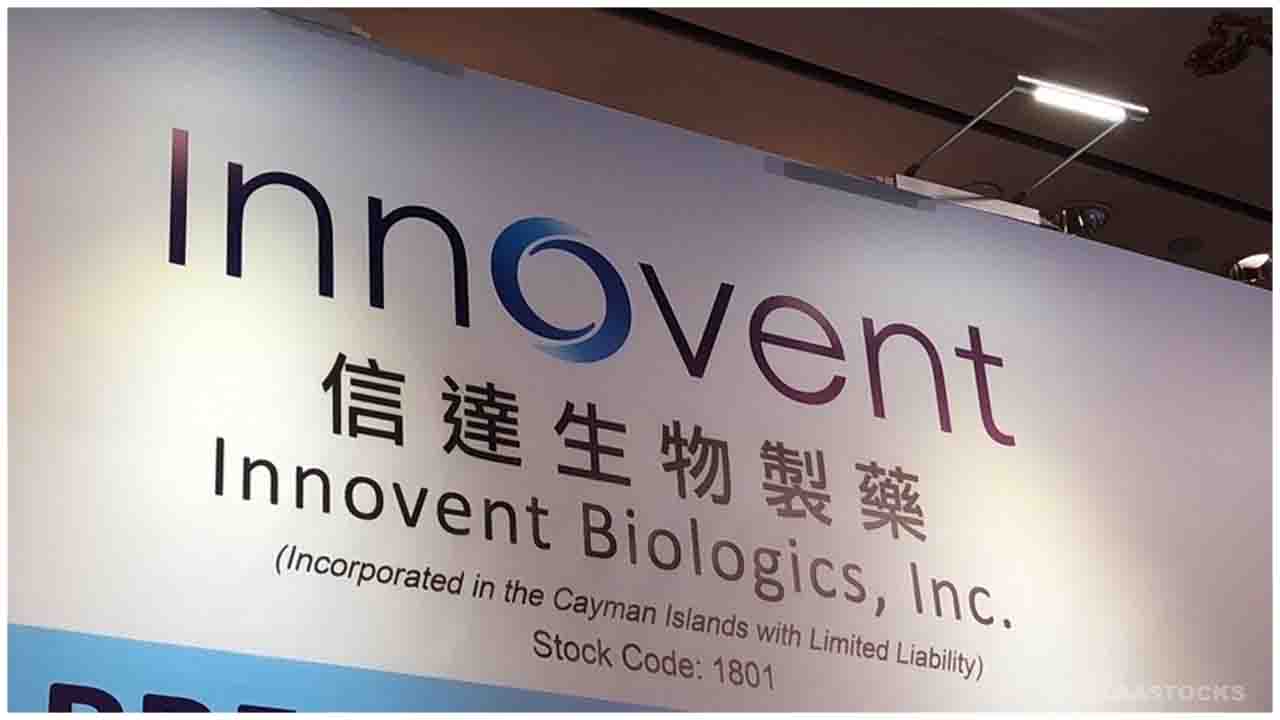Innovent Biologics, Inc., a world-class biopharmaceutical company that develops, manufactures and commercializes high quality medicines for the treatment of cancer, metabolic, autoimmune and other major diseases, recently announces that BYVASDA (bevacizumab biosimilar), a recombinant humanized anti-VEGF monoclonal antibody drug independently developed by Innovent, has been officially approved by the National Medical Products Administration (NMPA) of China for the treatment of adult recurrent glioblastoma (GBM, the most common malignant primary brain tumour), which is the third approved indication of BYVASDA in China.
BYVASDA was firstly approved by China NMPA on June 17, 2020. Previous approved indications of BYVASDA include advanced non-small cell lung cancer and metastatic colorectal cancer.
In recent years, the cancer burden in China has been continuously increasing. According to the report of Cancer Today from the World Health Organization's International Agency for Cancer Research, there were 4.285 million newly diagnosed cancer patients and 2.865 million deaths from cancer in China in 2u018. Among the malignant tumors, glioblastoma is the most frequent and aggressive type of primary malignant brain tumor in adults, characterized by high morbidity, high recurrence rate, high mortality rate and low cure rate. Current major treatment regimens for glioblastoma include surgical resection, radiotherapy, and chemotherapy. The median survival time is only 12 to 15 months which have no significant change over the past decade. Therefore, more new therapeutic methods are urgently needed in glioblastoma patients.
Since the launch of bevacizumab, it has been approved for the treatment of patients with multiple malignant tumours globally, including non-small cell lung cancer, metastatic colorectal cancer, glioblastoma, renal cell carcinoma, cervical cancer, and epithelial ovarian, fallopian tube, or primary peritoneal cancer, and in China it was approved for the treatment of patients with advanced non-small cell lung cancer, metastatic colorectal cancer and adult recurrent glioblastoma. The efficacy and safety of bevacizumab have been well recognized worldwide. However, there still remains huge unmet clinical demand for bevacizumab treatment in China, as many ordinary Chinese patients cannot afford for original drugs. BYVASDA is an anti-vascular endothelial growth factor (VEGF) humanized monoclonal antibody and a bevacizumab biosimilar independently developed by Innovent. The launch of BYVASDA has provided Chinese patients with high quality and relatively more affordable bevacizumab biosimilar injection.
Dr Hui Zhou, Vice President of Oncology Strategy and Medical Sciences of Innovent, stated: "Glioblastoma is the third approved indication of BYVASDA in China following advanced non-small cell lung cancer and metastatic colorectal cancer. The prognosis of glioblastoma patients is still poor even after standard postoperative radiotherapy and chemotherapy. Almost all patients will relapse after first-line treatment, with low five-year survival rate. We hope to bring this high-quality and cost-saving drug to more patients in need in China. In January 2020, Innovent out-licensed the commercial rights of BYVASDA in the United States and Canada to Coherus BioSciences, a leading biosimilar company, demonstrated an international recognition of the quality of BYVASDA. We are looking forward to working together to make BYVASDA benefit more patients globally."
Glioblastoma is the most common malignant primary brain tumour, representing approximately 57% of all gliomas and 48% of all primary malignant central nervous system (CNS) tumours, with an incidence of 3.2 per 100,000 populations. The current standard treatment regimen for primary glioblastoma includes a combination of surgical resection, radiotherapy, and chemotherapy. Due to the aggressive nature, almost all glioblastomas recur after initial therapy. In 2009, Bevacizumab was approved by the US Food and Drug Administration for recurrent glioblastoma.

 BYVASDA is an anti-vascular endothelial growth factor (VEGF) humanized monoclonal antibody and a bevacizumab biosimilar independently developed by Innovent Biologics
BYVASDA is an anti-vascular endothelial growth factor (VEGF) humanized monoclonal antibody and a bevacizumab biosimilar independently developed by Innovent Biologics










.jpeg)











.jpg)








